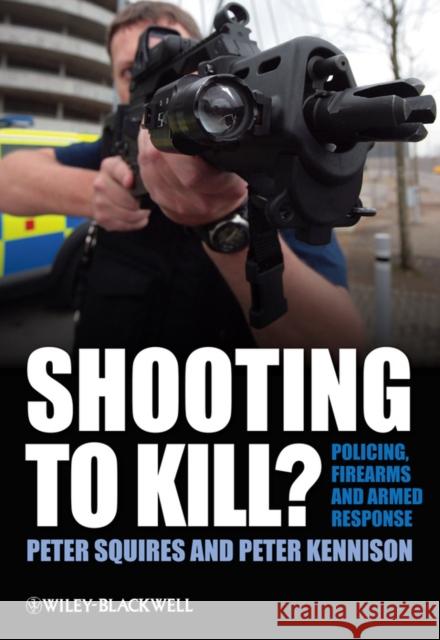Shooting to Kill?: Policing, Firearms and Armed Response » książka
topmenu
Shooting to Kill?: Policing, Firearms and Armed Response
ISBN-13: 9780470779279 / Angielski / Miękka / 2010 / 260 str.
Shooting to Kill? Policing, Firearms and Armed Response explores the dilemma of armed response policing in the UK, and policing in a gun culture.
- Offers the first critical exploration of the ACPO code of guidance on Police Use of Firearms and other tactical manuals
- Includes interviews with senior police firearms managers and critical case studies of police firearms incidents
- Features the first in-depth, academic analysis of the Stockwell shooting incident and the Kratos policy
- Provides a review of key developments in armed response policing around the world
- Describes the crucial phases in armed response policy development in Britain and explores the consequences of arming the police











